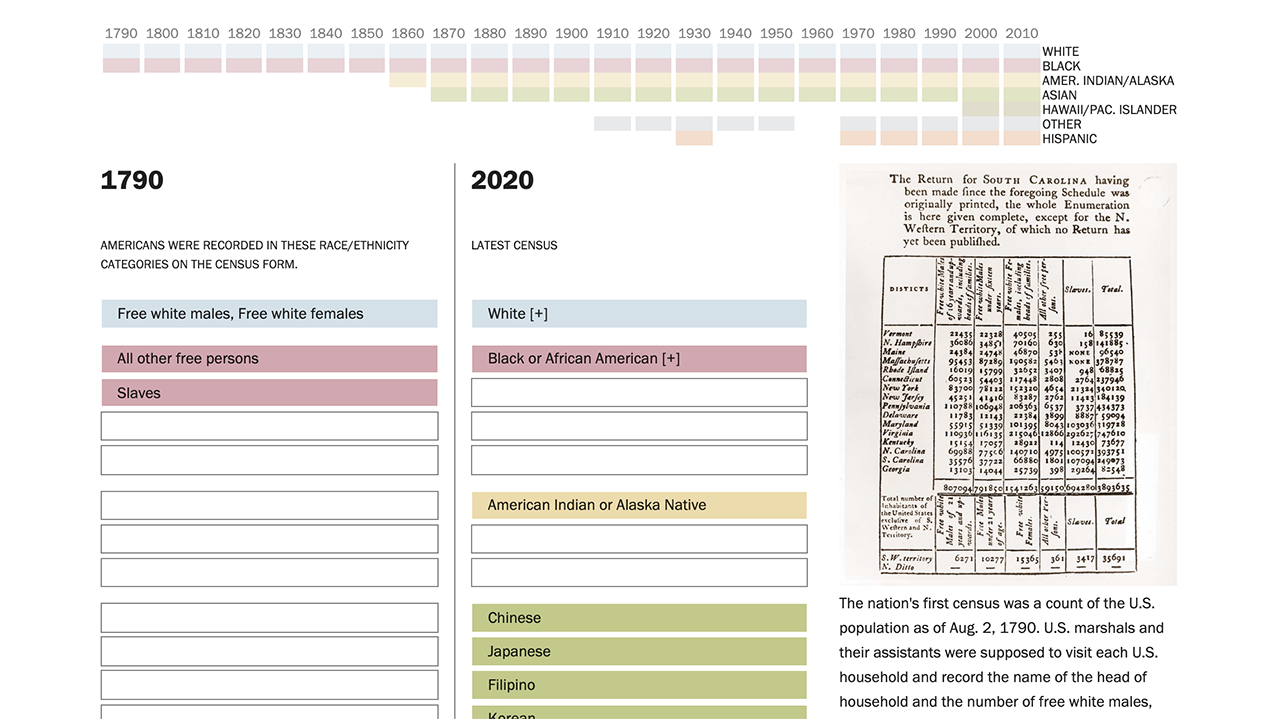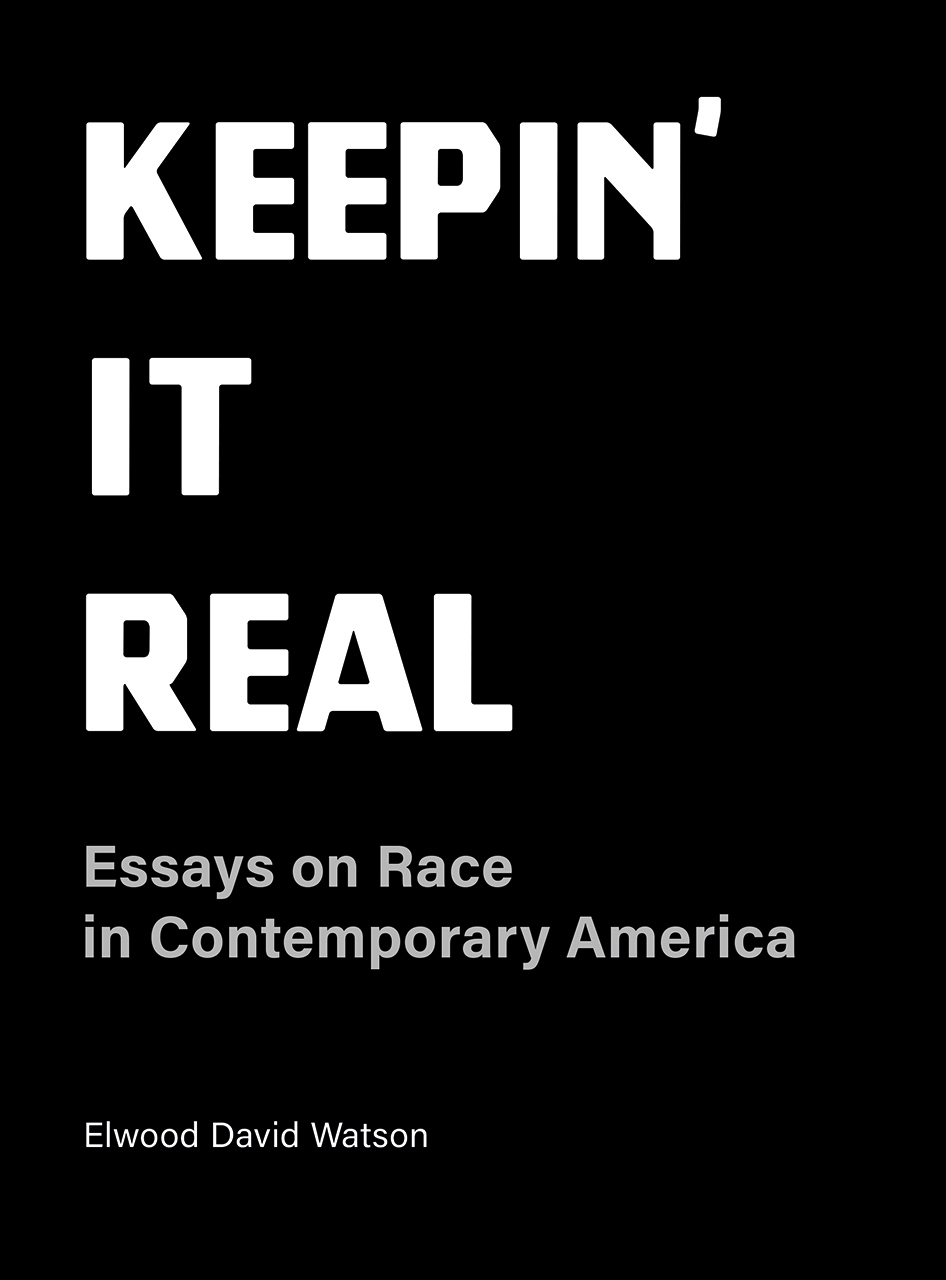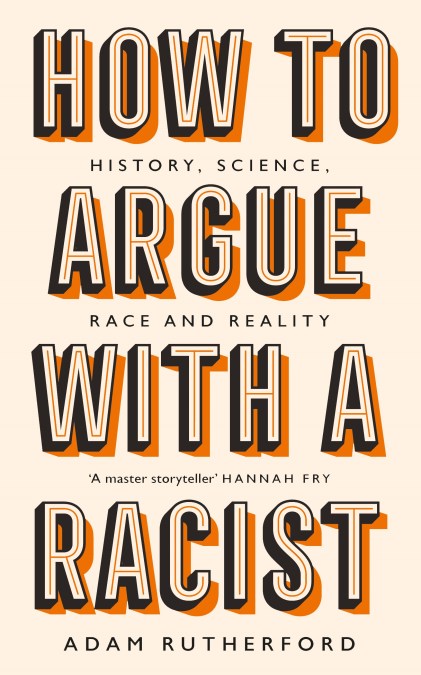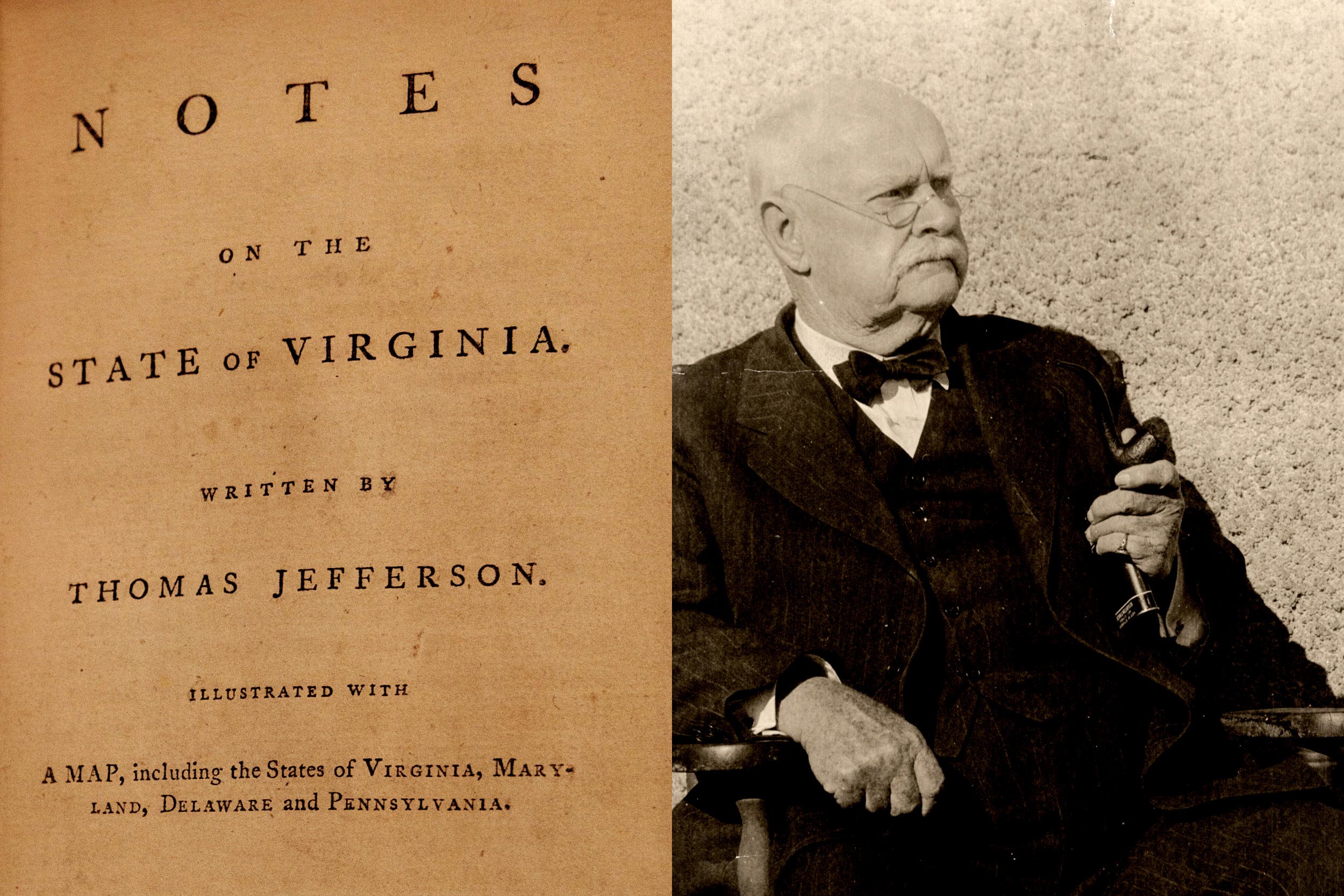Public Secrets: Race and Colour in Colonial and Independent JamaicaPosted in Anthropology, Books, Caribbean/Latin America, History, Media Archive, Monographs, Politics/Public Policy, Social Science on 2020-06-22 19:42Z by Steven |
Public Secrets: Race and Colour in Colonial and Independent Jamaica
Liverpool University Press
2019-09-10
280 pages
Hardback ISBN: 978-1-789-62000-9
Henrice Altink, Professor of Modern History; Co-Director of the Interdisciplinary Global Development Centre
University of York
Informed by critical race theory and based on a wide range of sources, including official sources, memoirs, and anthropological studies, this book examines multiple forms of racial discrimination in Jamaica and how they were talked about and experienced from the end of the First World War until the demise of democratic socialism in the 1980s. It also pays attention to practices devoid of racial content but which equally helped to sustain a society stratified by race and colour, such as voting qualifications. Case studies on the labour market, education, the family and legal system, among other areas, demonstrate the extent to which race and colour shaped social relations in the island in the decades preceding and following independence and argue that racial discrimination was a public secret – everybody knew it took place but few dared to openly discuss or criticise it. The book ends with an examination of race and colour in contemporary Jamaica to show that race and colour have lost little of their power since independence and offers some suggestions to overcome the silence on race to facilitate equality of opportunity for all.









